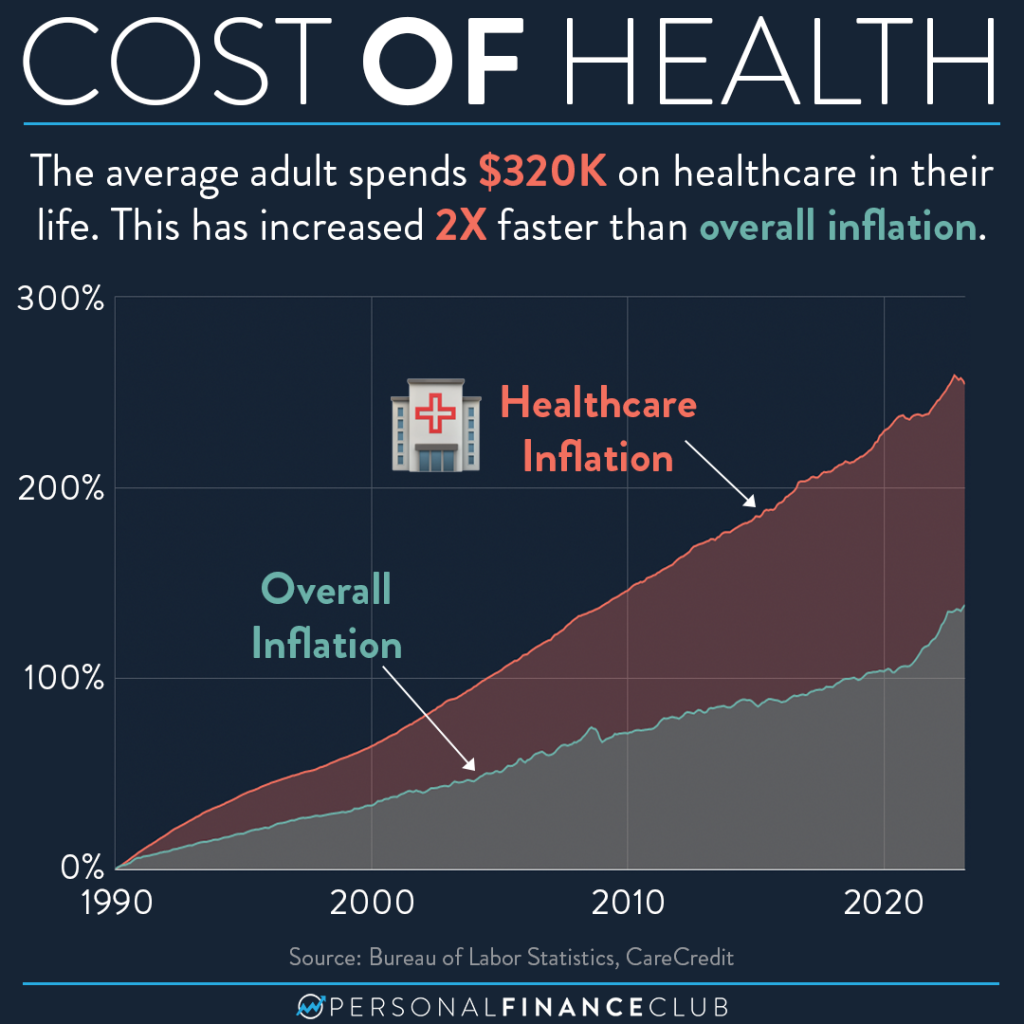Understanding the Role of Health Care RCM in Enhancing Financial Performance and Individual Contentment
Navigating the intricacies of Medical care Earnings Cycle Monitoring (RCM) is necessary for achieving optimum monetary performance while simultaneously boosting individual fulfillment. As we explore the transformative capacity of RCM, questions concerning its critical application and future advancements beckon, encouraging insights that can redefine sector standards and individual experiences alike.

Key Parts of RCM
In the facility landscape of health care, Revenue Cycle Monitoring (RCM) is critical in ensuring economic security and operational efficiency. Individual registration and eligibility confirmation are fundamental steps, making certain that exact individual information is caught and insurance policy coverage is validated before solutions are made.

Charge capture is an additional crucial element, entailing the accurate recording of solutions supplied to clients. It guarantees that all billable services are accounted for, therefore making the most of revenue capacity. Simultaneously, clinical coding translates patient encounters right into standard codes, which are essential for invoicing and governing conformity.
Insurance claims submission and management follow, including the prep work and submission of cases to payers. This process requires thorough attention to detail to decrease errors and avoid hold-ups. Rejection administration is an aggressive method to attend to and resolve rejected cases, guarding earnings streams.
Lastly, payment posting and client collections complete the cycle, making sure settlements are accurately recorded and exceptional balances are pursued. Together, these elements develop a durable framework that supports the functional and financial health of health care companies.
Influence on Financial Efficiency
Effective Income Cycle Management (RCM) dramatically affects a health care organization's financial efficiency by enhancing capital and reducing earnings leak. RCM encompasses the comprehensive payment and collection procedures that guarantee doctor effectively manage their economic purchases from person registration to final settlement. By improving these processes, companies can lessen rejected cases, accelerate payment cycles, and boost general economic wellness.
Financial efficiency is improved with precise management of billing treatments, which entails accurate coding and prompt submission of claims. This reduces the chance of claim rejections and rejections, which can dramatically hinder profits flow if not addressed immediately. Moreover, incorporating sophisticated technology options facilitates real-time tracking of cases and financial metrics, giving medical care administrators with the tools necessary to make enlightened strategic choices.

Enhancing Client Satisfaction
While maximizing economic efficiency is a crucial purpose of Earnings Cycle Administration (RCM), it also plays a pivotal role in boosting person satisfaction. By reducing management problems, RCM permits medical care providers to focus much more on client care, which straight enhances his response patient satisfaction.

RCM also improves patient complete satisfaction with effective communication. By keeping an extensive data source of client details, RCM helps with improved communication in between patients and health care providers, making certain patients really feel educated and valued.
Techniques for Reliable RCM
Achieving efficient Earnings Cycle Management (RCM) requires health care companies to carry out a collection of tactical methods that ensure monetary security and functional efficiency. One crucial strategy is the fostering of technology-driven options, such as incorporated software platforms that improve billing procedures, lower errors, and boost information accuracy. These systems enable real-time monitoring of financial metrics, allowing for prompt identification and correction of inefficiencies.
Another strategy is the standardization of processes across the income cycle. Healthcare RCM. This includes developing consistent plans for client enrollment, insurance policy verification, and asserts handling. By ensuring that all personnel comply with these criteria, companies can expedite and lessen discrepancies payment collections
Staff training and advancement additionally play a pivotal role in efficient RCM. Well-trained workers can efficiently browse complex billing procedures and policies, decreasing denials and boosting cash circulation. Routine updates on policy modifications and best techniques help keep a proficient and experienced workforce.
Future Trends in RCM
As healthcare companies improve their Earnings Cycle Management (RCM) approaches with my site technology and standard processes, focus is currently transforming in the direction of the future trends shaping this important area. One substantial fad is the combination of expert system (AI) and artificial intelligence to automate intricate jobs, such as insurance claims processing and anticipating analytics. These technologies are expected to minimize errors, accelerate deal times, and supply data-driven understandings for much better decision-making.
Additionally, the change towards value-based care remains to affect RCM techniques - Healthcare RCM. Doctor are expected to significantly concentrate on client end results and contentment, demanding RCM systems that can fit brand-new compensation designs. This change will require even more comprehensive information collection and evaluation to effectively report and determine on performance metrics
Interoperability is an additional arising concern, as seamless data exchange in between inconsonant systems becomes crucial. Improved interoperability will facilitate even more accurate client information sharing, lowering administrative worries and enhancing the person experience.
Verdict
Healthcare Earnings Cycle Monitoring (RCM) considerably affects both financial performance and person satisfaction by optimizing payment procedures, ensuring exact coding, and allowing punctual cases submission. Efficient RCM reduces revenue a fantastic read leakage and accelerates capital, decreasing case denials and speeding up settlements. This effectiveness fosters depend on and contentment among individuals. RCM systems likewise promote much better interaction and adaptable repayment alternatives, creating a patient-centered experience. Future RCM patterns will likely concentrate on additional integrating innovation to enhance these benefits.
Navigating the ins and outs of Medical care Revenue Cycle Monitoring (RCM) is essential for accomplishing ideal financial efficiency while concurrently elevating person contentment. RCM incorporates the detailed invoicing and collection procedures that guarantee medical care providers efficiently manage their economic deals from patient enrollment to final repayment. By decreasing management worries, RCM allows health care companies to concentrate more on person treatment, which directly enhances individual complete satisfaction.
By keeping a comprehensive database of individual info, RCM assists in boosted communication in between patients and health care companies, making certain people really feel notified and valued.Healthcare Earnings Cycle Management (RCM) considerably influences both monetary efficiency and person complete satisfaction by optimizing billing processes, ensuring specific coding, and allowing timely insurance claims entry.